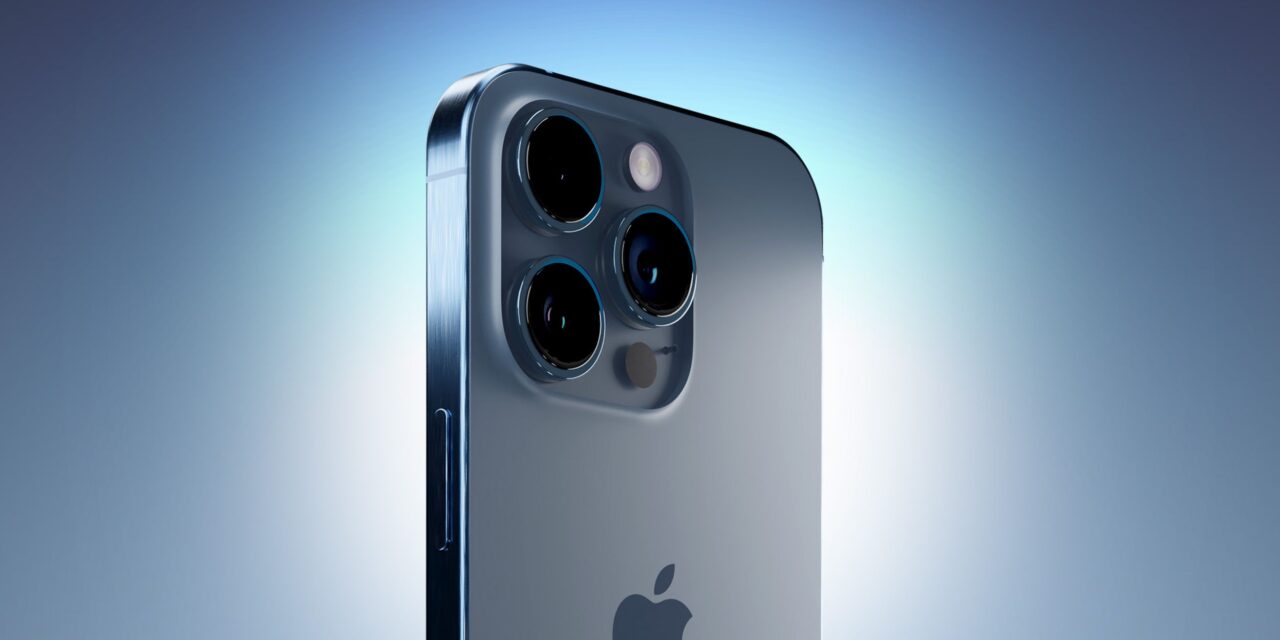
Apple champions privacy (something that apps in the App Store might need a reminder of), but the company is now being sued over potentially violating iTunes privacy laws for consumers in two different states.
Variety has the report this week. The publication states that Apple is currently facing a lawsuit from three different individuals who reside in Rhode Island and Michigan. According to the plaintiffs, Apple violated laws in these areas that are meant to protect information related to entertainment purchases. The trio are currently seeking class-action status, along with other residents in other states, as they claim the company has “disregarded its legal responsibilities to these individuals”.
The plaintiffs, who live in Rhode Island and Michigan, are seeking class-action status for their lawsuit. If found guilty, Apple could be forced to pay damages to residents of the two states who had their music listening habits disclosed due to the company’s actions. Apple spokespeople didn’t immediately respond to a request for comment.
One of the allegations is that Apple directly sold data about consumers who purchased music from the company to data brokers, who in turn have been connecting this type of data to other publicly available information and then reselling it to marketers.
The lawsuit claims that Apple has not only released personal listening history to third parties, but has also used the Media Player framework to grant access to iTunes libraries to app developers. The plaintiffs also received unsolicited junk mail, directly related to their listening history, which they claim is due to the information being shared by Apple.
The original report does note that some of the information obtained by these third-party data brokers might not be coming directly from Apple. Brokers get their data from a variety of different sources, which could include financial records tied to iTunes and not necessarily privately-shared data from Apple to these third-party companies.
And, as it relates to the aforementioned Media Player framework, Apple makes it explicit that app developers must get permission from each user before they can access the iTunes media library.
The lawsuit’s allegations run counter to Apple’s official narrative, which has long been that the company is a lot more privacy-focused than its industry competitors. In fact, the lawsuit also includes a picture of an Apple billboard proclaiming that “what happens on your iPhone, stays on your iPhone.”
This “what happens on iPhone, stays on your iPhone” marketing push has been tossed back into Apple’s face a few different times since it first popped up. For instance, we just reported on a variety of different apps, each of which is available through the App Store, that send a ridiculous amount of personal information to third-party trackers on a regular basis. All in the background.
Whether or not this particular case gains class-action status or not remains to be seen. Still, if Apple was providing this data directly, that’s definitely not a good sign for the company at all.






Recent Comments